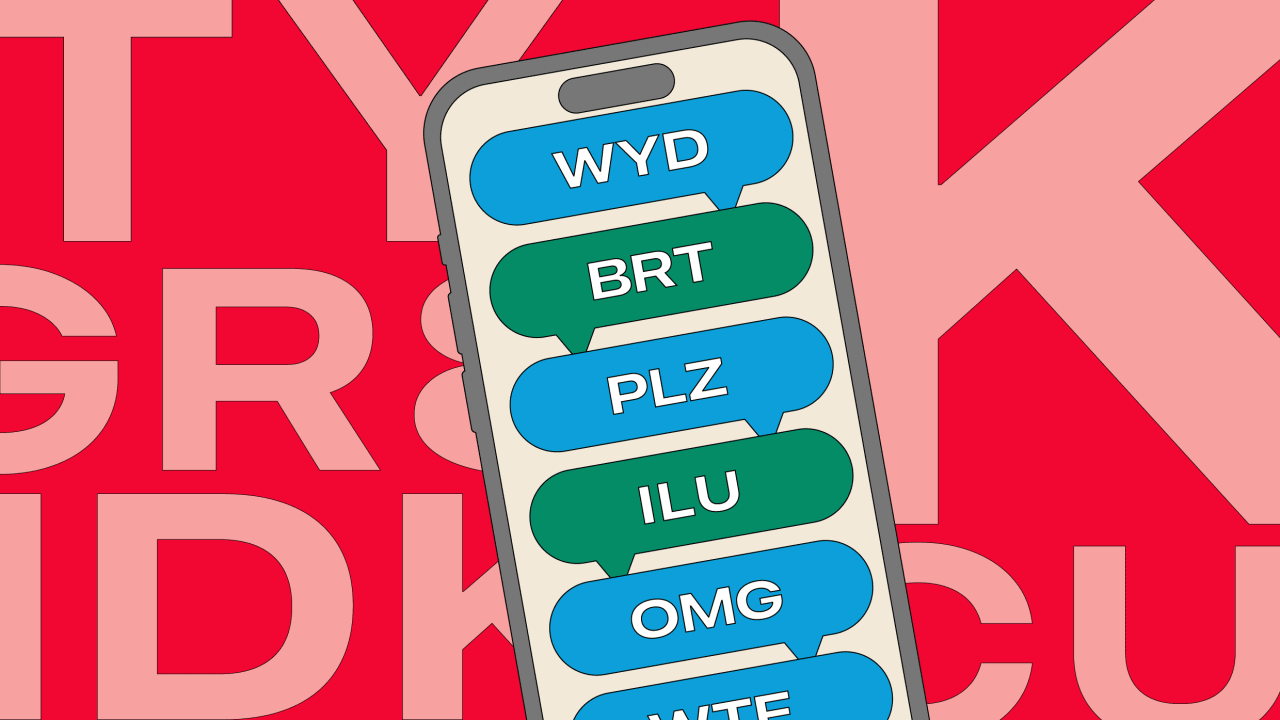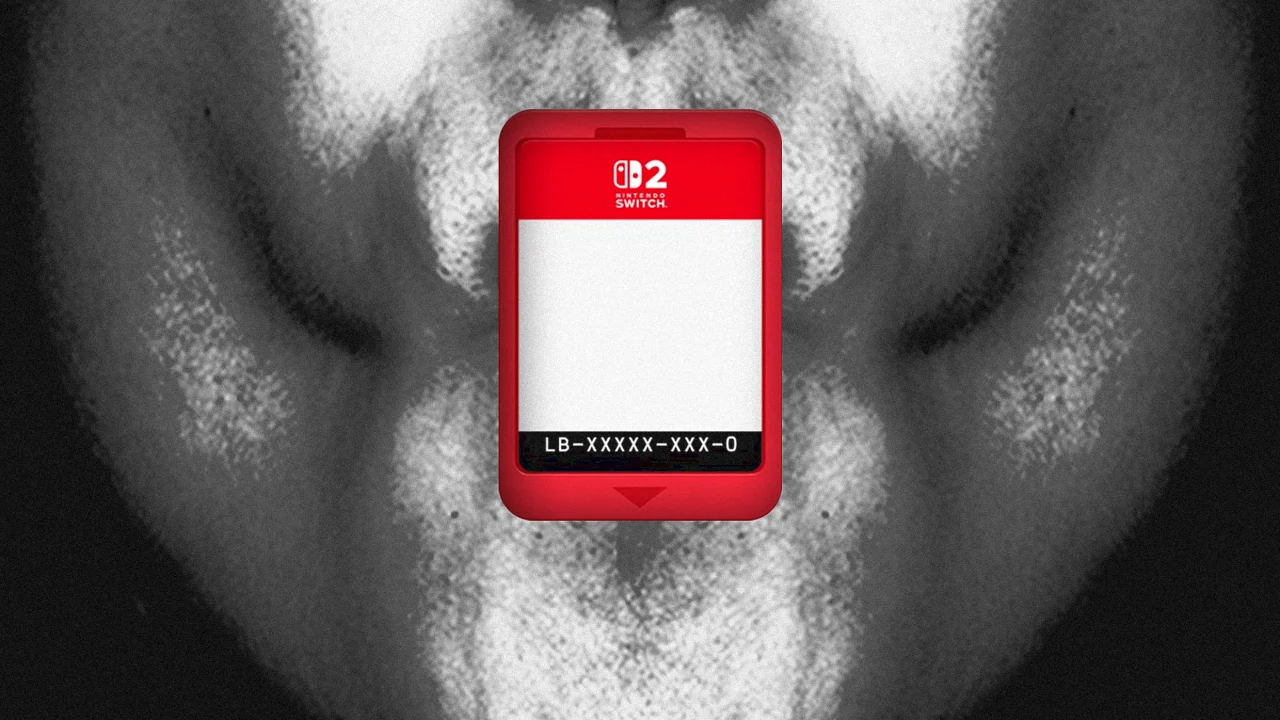Missouri voters backed stronger wage and sick leave laws—and then state Republicans repealed them
Where legislatures have refused to boost pay and benefits for workers, advocates have often taken the fight straight to voters. In recent years, voters in Michigan, Missouri, and Nebraska overwhelmingly backed higher state minimum wages and guaranteed paid sick leave at the polls. But despite that strong showing of support, lawmakers on both sides of the aisle are now trying to water down or even roll back the measures their constituents approved. In November, 58% of Missouri voters approved Proposition A, which raises the state minimum wage to $15 by 2026 and requires employers to provide paid sick leave. That level of support, said Missouri Jobs with Justice Policy Director Richard Von Glahn, stems from the fact that the measure “speaks to the experiences that voters have in their lives and where the economy is not working for them.” Typically, when his organization was out gathering signatures, voters expressed surprise that the minimum wage was not already $15 an hour and that paid sick leave was not already a guarantee. The vote shows it was “the clear will of what voters want,” Von Glahn said. But in March, the Missouri House passed legislation repealing the paid sick leave measure and undoing the state’s decades-long practice of regularly updating the minimum wage to keep up with inflation. If the bill becomes law, wage increases will cease in January 2027. To justify such changes, Republican state Representative Mitch Boggs said, “Of course the people voted for it. It would be like asking your teenager if he wanted a checkbook. They’re going to vote for it every time.” Republican state Representative Scott Miller put it another way: “Just because 57% of the people that voted that day voted in favor of something, that doesn’t make it right. They’re taking away the choice of businesses to engage in [the] free market.” It’s not just lawmakers trying to undo the will of the voters, however. A group of businesses and individuals have asked the state Supreme Court to strike down the measure entirely, arguing that it violates the state Constitution’s single subject requirement. In their lawsuit they claim that wages and paid sick time are separate issues that should not have been combined in a single measure. Von Glahn pushed back on that argument: “Wages for hours worked and wages for paid sick time, that’s part of total compensation. As a working person, if I have money in my check, do I care if it’s from paid sick days or from hours that I worked?” Nebraska voters passed their own paid sick leave ballot measure by a staggering 74% this past November. A majority of voters in every legislative district supported it, and the support was higher than for the lawmakers themselves. That’s not the only measure state lawmakers want to change, however. In 2022, nearly 59% of voters approved a measure that will raise the state’s minimum wage to $15 an hour by 2026 and keep increasing it in later years to keep up with inflation. “Nebraskans really care about their neighbors,” Jo Giles, executive director of the Women’s Fund of Omaha, said of the support both measures received. Paid sick leave, she said, is “a common sense solution.” As in Missouri, many voters she spoke to while gathering signatures were surprised it wasn’t already guaranteed. And yet efforts to get lawmakers to take action themselves had not succeeded. “We tried for many years,” Giles said, including during the height of the pandemic when workers were getting sick by the thousands. But bills never moved forward. “After many, many attempts, we determined, ‘Okay, we’re not going to get it through the Legislature, so let’s ask the people what they want,’” Giles said. “It was pretty clear what the people wanted: They wanted paid sick leave, they wanted to increase the minimum wage.” That hasn’t stopped Nebraska lawmakers from seeking to change the measures approved by their constituents. Last year, two state lawmakers introduced bills to exempt young workers from the higher wage. The Nebraska Legislature is officially nonpartisan, but one of the lawmakers was aligned with Democrats and the other with Republicans. The effort failed to advance in the Legislature. This session, those two lawmakers and others are seeking to weaken both the minimum wage and sick leave policies. Legislative Bill 698, introduced by a Republican-aligned senator, would exempt companies with 10 or fewer employees from the paid sick leave requirement. Yet the measure voters passed already makes an allowance for small businesses by allowing those with 20 or fewer employees to provide their workers with fewer days of leave. The bill would also exempt agricultural workers and those under 16 while eliminating employees’ right to sue their employers if they aren’t given the leave they’re owed. Giles argued that these changes gut “the core aspects” of the initiative. Another bill introduced this year, Legislative Bill 258, meanwhile, would allow employ
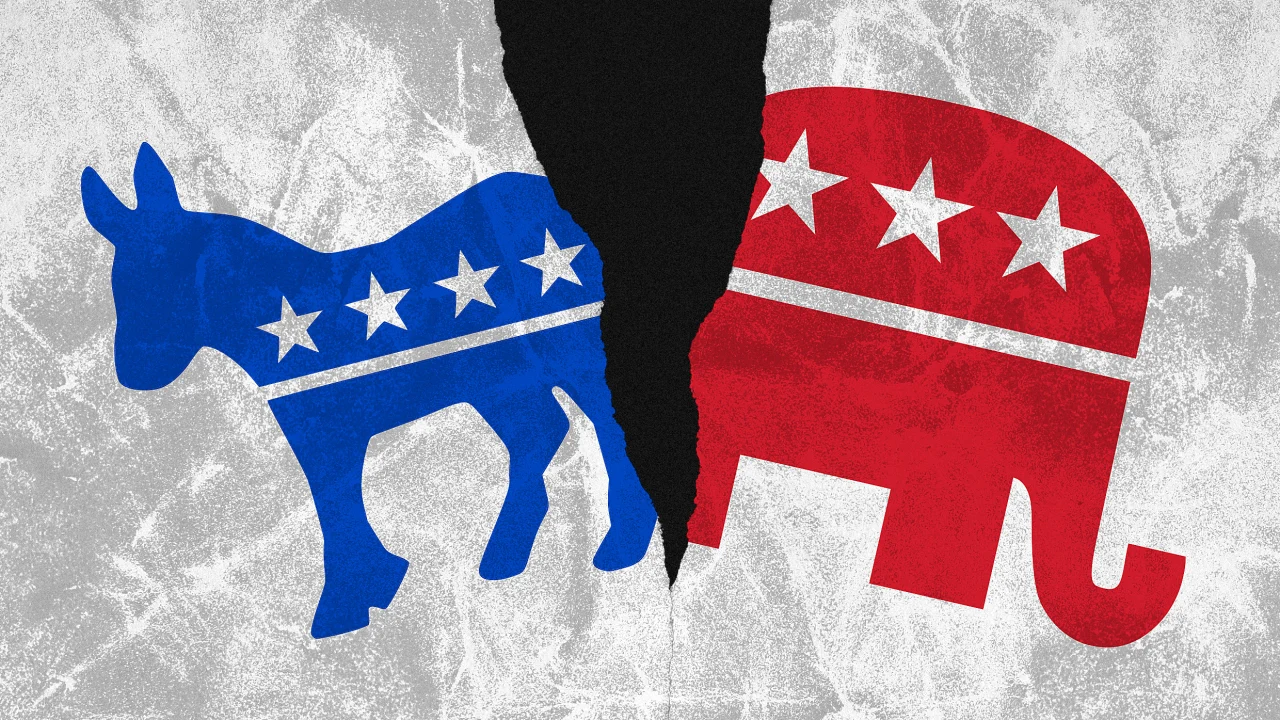
Where legislatures have refused to boost pay and benefits for workers, advocates have often taken the fight straight to voters. In recent years, voters in Michigan, Missouri, and Nebraska overwhelmingly backed higher state minimum wages and guaranteed paid sick leave at the polls. But despite that strong showing of support, lawmakers on both sides of the aisle are now trying to water down or even roll back the measures their constituents approved.
In November, 58% of Missouri voters approved Proposition A, which raises the state minimum wage to $15 by 2026 and requires employers to provide paid sick leave. That level of support, said Missouri Jobs with Justice Policy Director Richard Von Glahn, stems from the fact that the measure “speaks to the experiences that voters have in their lives and where the economy is not working for them.” Typically, when his organization was out gathering signatures, voters expressed surprise that the minimum wage was not already $15 an hour and that paid sick leave was not already a guarantee. The vote shows it was “the clear will of what voters want,” Von Glahn said.
But in March, the Missouri House passed legislation repealing the paid sick leave measure and undoing the state’s decades-long practice of regularly updating the minimum wage to keep up with inflation. If the bill becomes law, wage increases will cease in January 2027. To justify such changes, Republican state Representative Mitch Boggs said, “Of course the people voted for it. It would be like asking your teenager if he wanted a checkbook. They’re going to vote for it every time.”
Republican state Representative Scott Miller put it another way: “Just because 57% of the people that voted that day voted in favor of something, that doesn’t make it right. They’re taking away the choice of businesses to engage in [the] free market.”
It’s not just lawmakers trying to undo the will of the voters, however. A group of businesses and individuals have asked the state Supreme Court to strike down the measure entirely, arguing that it violates the state Constitution’s single subject requirement. In their lawsuit they claim that wages and paid sick time are separate issues that should not have been combined in a single measure. Von Glahn pushed back on that argument: “Wages for hours worked and wages for paid sick time, that’s part of total compensation. As a working person, if I have money in my check, do I care if it’s from paid sick days or from hours that I worked?”
Nebraska voters passed their own paid sick leave ballot measure by a staggering 74% this past November. A majority of voters in every legislative district supported it, and the support was higher than for the lawmakers themselves. That’s not the only measure state lawmakers want to change, however. In 2022, nearly 59% of voters approved a measure that will raise the state’s minimum wage to $15 an hour by 2026 and keep increasing it in later years to keep up with inflation.
“Nebraskans really care about their neighbors,” Jo Giles, executive director of the Women’s Fund of Omaha, said of the support both measures received. Paid sick leave, she said, is “a common sense solution.” As in Missouri, many voters she spoke to while gathering signatures were surprised it wasn’t already guaranteed.
And yet efforts to get lawmakers to take action themselves had not succeeded. “We tried for many years,” Giles said, including during the height of the pandemic when workers were getting sick by the thousands. But bills never moved forward. “After many, many attempts, we determined, ‘Okay, we’re not going to get it through the Legislature, so let’s ask the people what they want,’” Giles said. “It was pretty clear what the people wanted: They wanted paid sick leave, they wanted to increase the minimum wage.”
That hasn’t stopped Nebraska lawmakers from seeking to change the measures approved by their constituents. Last year, two state lawmakers introduced bills to exempt young workers from the higher wage. The Nebraska Legislature is officially nonpartisan, but one of the lawmakers was aligned with Democrats and the other with Republicans. The effort failed to advance in the Legislature.
This session, those two lawmakers and others are seeking to weaken both the minimum wage and sick leave policies. Legislative Bill 698, introduced by a Republican-aligned senator, would exempt companies with 10 or fewer employees from the paid sick leave requirement. Yet the measure voters passed already makes an allowance for small businesses by allowing those with 20 or fewer employees to provide their workers with fewer days of leave. The bill would also exempt agricultural workers and those under 16 while eliminating employees’ right to sue their employers if they aren’t given the leave they’re owed. Giles argued that these changes gut “the core aspects” of the initiative.
Another bill introduced this year, Legislative Bill 258, meanwhile, would allow employers to pay people younger than 19 a lower minimum wage and would eliminate future minimum wage increases.
Beyond the impact on workers themselves, Giles believes lawmakers’ actions could harm the entire state. “What does that mean for our overall democracy if people cannot exercise their voice and implement policies that are popular?” she said. Residents’ votes “should be honored.”
In both Missouri and Nebraska, conservative lawmakers have led the charge to roll back ballot measures. In Michigan, Democrats have joined the effort.
Back in 2012, Mothering Justice, a nonprofit that advocates for issues impacting women of color, started pushing for a paid sick leave bill in the state Legislature, but Republicans stood in the way. It became clear that “if we wanted to get this done, we would have to go straight to voters,” said Danielle Atkinson, the nonprofit’s founder. Her group was poised to do so, submitting more than 280,000 signatures to put both paid sick leave and a higher minimum wage on the ballot in 2018. There was “always overwhelming support” from voters, she said, because it “was extremely popular and needed.”
But then the Republican-controlled Legislature stepped in that September. Over united Democratic opposition in the state Senate but with some Democratic support in the state House, lawmakers passed legislation to raise the minimum wage and institute a paid sick leave requirement before voters had the chance to weigh in. That wasn’t because lawmakers agreed with the ballot measures; they did so explicitly to come back and gut both measures later on, something that would have been much harder had the issues passed by ballot measure.
State Senate Republican Majority Leader Arlan B. Meekhof explained the vote this way: “The Senate adopted the policy to preserve the ability for this Legislature and future legislatures to amend the statute to better fit our state and our economy.”
And lawmakers did in fact later amend the legislation by voting to delay the minimum wage increase by nearly a decade, scrap future inflation adjustments and preserve a lower tipped minimum wage. Lawmakers also exempted employers with fewer than 50 employees from paid sick leave and scaled it back for everyone else.
The groups behind the ballot measures fought back in the courts, arguing that what lawmakers did violated the state Constitution. That took “time, energy,” and “a considerable amount of resources,” Atkinson said. “But we thought it was important to fight for the will of the people and direct democracy.” Last summer, it seemed they had finally won: The state supreme court found the Legislature had indeed violated the state Constitution and reinstated the original wage and sick leave measures. The new benefits were set to go into effect on February 21. “We were extremely hopeful,” Atkinson said. “We were like, ‘Great, on to the next fight.’”
But the Legislature wasn’t done intervening. An hour before midnight on February 20, lawmakers passed bills to preserve a lower tipped minimum wage, delay implementation of paid sick leave, exempt young and temporary seasonal workers, reduce guaranteed unpaid time off for employees of small businesses, and strip workers of the right to sue employers for violating the new rights. This time, nearly half of Democrats in both chambers joined with all Republicans to pass the measures, and Democratic Governor Gretchen Whitmer signed them into law.
The governor had “heard concerns about implementation of the new law,” according to a statement from spokesperson Stacey LaRouche, while the bill was under consideration, and supported “a bipartisan deal that protects servers and wait staff, while also providing certainty to small businesses and helping Michigan remain competitive.”
Business groups, particularly the Michigan Restaurant and Lodging Association, had lobbied hard for the tipped minimum wage changes. It was “very clear” that lawmakers of both parties “were being influenced by the business community,” Atkinson said. “The restaurant industry did a very good job of manufacturing outrage.”
Atkinson is frustrated that those tactics succeeded. “Michigan is a place where we’re known for workers’ rights, and we had an opportunity to be a pretty big part of a larger movement to eliminate a sub-minimum wage, and we missed it,” she noted, referring to the lower wage employers can pay tipped employees.
Having Democrats join in was even worse. “When you see Democrats introducing legislation that’s undermining workers’ rights, it makes . . . an easier target for Republicans to do the same,” she said. “It’s really unfortunate that that came from members of a party that claims to be for workers’ rights.”
This piece was originally published by Capital & Main, which reports from California on economic, political, and social issues.









































































































































































![[The AI Show Episode 144]: ChatGPT’s New Memory, Shopify CEO’s Leaked “AI First” Memo, Google Cloud Next Releases, o3 and o4-mini Coming Soon & Llama 4’s Rocky Launch](https://www.marketingaiinstitute.com/hubfs/ep%20144%20cover.png)
















































































































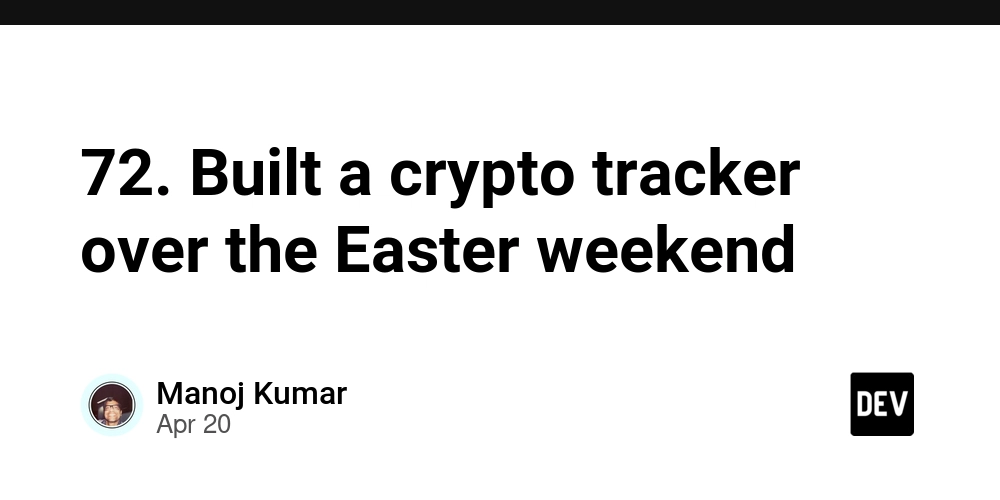











![[DEALS] The All-in-One Microsoft Office Pro 2019 for Windows: Lifetime License + Windows 11 Pro Bundle (89% off) & Other Deals Up To 98% Off](https://www.javacodegeeks.com/wp-content/uploads/2012/12/jcg-logo.jpg)



























![Is this too much for a modular monolith system? [closed]](https://i.sstatic.net/pYL1nsfg.png)






















































































































_Andreas_Prott_Alamy.jpg?width=1280&auto=webp&quality=80&disable=upscale#)









































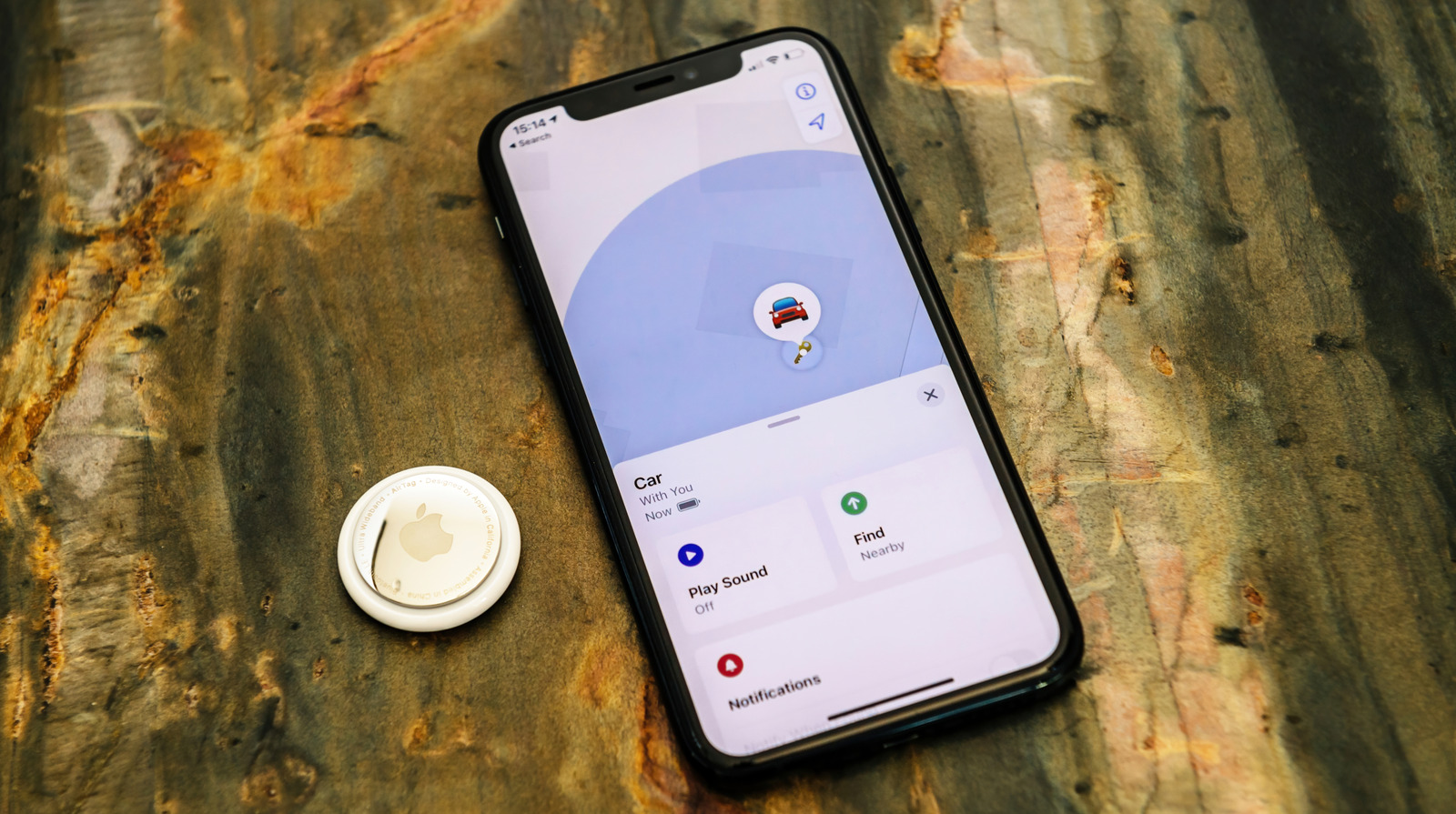






















































![What features do you get with Gemini Advanced? [April 2025]](https://i0.wp.com/9to5google.com/wp-content/uploads/sites/4/2024/02/gemini-advanced-cover.jpg?resize=1200%2C628&quality=82&strip=all&ssl=1)













![Apple Shares Official Trailer for 'Long Way Home' Starring Ewan McGregor and Charley Boorman [Video]](https://www.iclarified.com/images/news/97069/97069/97069-640.jpg)
![Apple Watch Series 10 Back On Sale for $299! [Lowest Price Ever]](https://www.iclarified.com/images/news/96657/96657/96657-640.jpg)
![EU Postpones Apple App Store Fines Amid Tariff Negotiations [Report]](https://www.iclarified.com/images/news/97068/97068/97068-640.jpg)
![Apple Slips to Fifth in China's Smartphone Market with 9% Decline [Report]](https://www.iclarified.com/images/news/97065/97065/97065-640.jpg)















































































